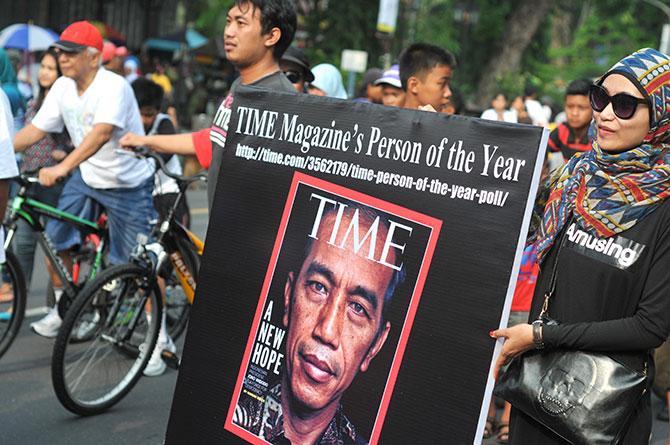
Without successful policy coordination, Indonesian government ministries will not be inclined to harmonize their policies, and a comprehensive value chain approach cannot be implemented. Without sustained and effective policy consultation, important stakeholders with offensive and defensive interests in current and future policy changes might feel excluded and revert to illegitimate forms of influence that could result in bribery, deceit and duplicitous maneuvers to outdo other stakeholders opposing their interests. The can lead to conflicts that bind the government’s energy and resources, rather than giving it the space and trust required to move the country forward.
Whatever is decided on the structure of policy coordination and policy consultation, there should be a formal component and a convening agency to oversee the process of interministerial policy coordination and consultation between the government and the private sector/civil society. Without appropriate structures and adequate coordination and consultation mechanisms, a government is prone to deficient decision-making and paralysis in policy implementation.
Indonesia could benefit greatly from effective and efficient policy coordination and policy consultation, and hopefully the new government will select the right mechanisms to support the implementation of its development strategies and priorities.
Raymond Saner teaches at Basel University in Switzerland and is co-founder of CSEND, a Geneva-based research and development organization.
Poppy S Winanti is head of the graduate program in international relations at Gadjah Mada University in Yogyakarta.







%20resized.png)
